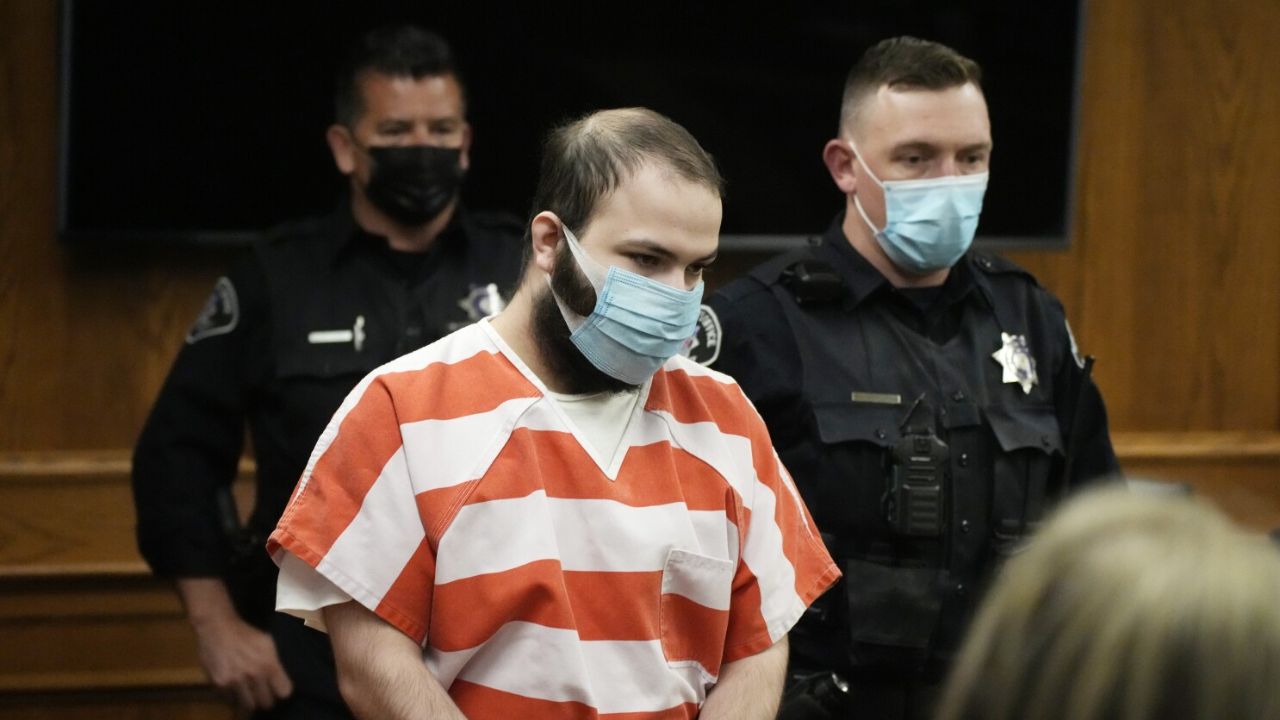The case against Ahmad Alissa, the individual responsible for the tragic King Soopers mass shooting, is now nearing its conclusion. After several weeks of intense testimonies and courtroom proceedings, the jury is set to begin deliberations on Friday.
Alissa’s defense team rested their case on Wednesday, just two days after the prosecution finished presenting their arguments on Monday.
This case has captured the attention of many due to its complexity. The central question the jury must decide is whether Alissa was legally insane at the time of the shooting or if he had full awareness of his actions.
The tragic shooting took place in March 2021, leaving 10 people dead at a Boulder, Colorado grocery store.
Defense’s Argument: Was Alissa Insane?
Throughout the trial, Alissa’s attorneys have been working to prove that their client was not in control of his actions due to mental illness.
The defense claims that Alissa was suffering from severe mental health issues leading up to the incident.
One of the defense’s key witnesses was Alissa’s own brother, who testified about his sibling’s strange behavior in the years and months leading up to the shooting.
According to Alissa’s brother, there were noticeable changes in Ahmad’s behavior. He spoke in gibberish and mumbled during conversations.
“When I would talk to him, there was mumbling, extreme mumbling,” the brother stated, explaining how these changes caused concern among family members.
The defense also called a forensic psychologist, Dr. Joshua Hatfield, who shared his interactions with Alissa. Dr. Hatfield met with the defendant eight times but noted that Alissa would often deny having any mental health issues.
Despite the defense’s efforts, Alissa remained mostly unresponsive during evaluations, making it difficult to fully assess his mental state.
Dr. Ahmad Adi, a forensic psychiatrist, added another layer to the defense’s argument. He pointed out that in some Middle Eastern cultures, mental illness is seen as a personal failure, and families may feel shame in seeking help.
This cultural stigma may explain why Alissa’s family did not seek professional help earlier.
Prosecution’s Argument: A Well-Planned Attack
On the other side of the courtroom, prosecutors have argued that Ahmad Alissa knew exactly what he was doing when he carried out the shooting.
They claim the attack was premeditated, with Alissa carefully planning each detail leading up to the tragic event. State prosecutors believe Alissa’s actions were not the result of insanity but of deliberate intent.
In their closing arguments, the prosecution will likely highlight evidence suggesting that Alissa was fully aware of his actions and the consequences they would have on the victims and their families.
They will argue that his actions were calculated, aiming to prove that Alissa is responsible for the deaths of the 10 innocent people.
Related News:
- Aryan Gang Members Sentenced for Massive Drug Trafficking and Gun Crimes in Washington and Arizona
- Tragic Accident: 9-Year-Old Boy Killed by Semitrailer While Crossing U.S. Highway 50
What Happens Next?
As the trial winds down, all eyes will be on the jury, who have a difficult decision ahead of them.
They must weigh the testimonies from both the defense and prosecution to determine whether Ahmad Alissa was truly insane at the time of the shooting or if he acted with intent and awareness.
If the jury finds Alissa guilty by reason of insanity, he may be sent to a mental health facility rather than a prison. However, if they believe the prosecution’s argument that he was fully aware of his actions, he could face life in prison without the possibility of parole.
This case has not only raised questions about mental health and criminal responsibility but also sparked a broader conversation about how society handles mental illness, especially in communities where seeking help may be seen as shameful.
The jury’s decision, expected soon, will bring closure to the families of the victims, though the emotional scars of this tragic event will last far longer.
No matter the outcome, this case highlights the importance of addressing mental health issues and ensuring that those who need help receive it before it’s too late.

